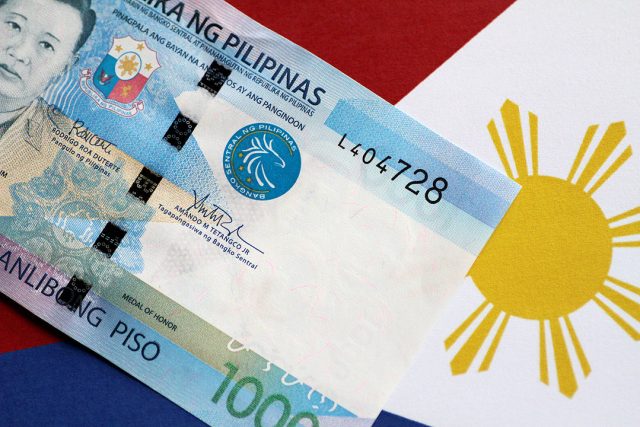PHL on track to exit ‘gray list’ by 2023

THE ANTI-MONEY Laundering Council (AMLC) expressed con
fi
dence the Philippines will be removed from the Financial Action Task Force’s (FATF) “gray list” by January 2023, as it works with other government agencies to plug gaps in implementing measures against “dirty money” and terrorism
fi
nancing.
The FATF on Friday kept the Philippines on its gray list, although it acknowledged the country’s progress in preventing money-laundering and other
fi
nancial crimes.
“The January 2023 deadline allows for some slack, knowing that we are facing national and local elections in May 2022 which might result in major changes in the bureaucracy. That is the rationale for the January 2023 deadline,” AMLC Chairman and Bangko Sentral ng Pilipinas Governor Benjamin E. Diokno said in a Viber message.
The global dirty money watchdog noted the Philippines has developed and implemented guidance on delisting and the unfreezing of assets for targeted
fi
nancial sanctions related to proliferation
fi
nancing, reducing the action plan items to 17 from 18 that need to be addressed.
“There is progress… We’re down to 17 deficiencies. Getting o
ff
the list is an all of government undertaking. The responsibility for satisfying the de
fi
ciencies rest not only with AMLC but also with other government institutions,” Mr. Diokno said.
Jurisdictions that are under increased monitoring of the FATF like the Philippines are required to submit reports every January, May and September to show the progress done in implementing anti-money laundering (AML) and counter-terrorism financing (CTF) measures.
“We do not have a deliverable item for the January [2022] reporting cycle because we already submitted our compliance in the September reporting cycle,” AMLC Executive Director Mel Georgie B. Racela said in a Viber message, noting they are now working on deliverable items for the May 2022 reporting cycle.
These items, he said, include increasing the employees of the AMLC’s Financial Intelligence Analysis Group and proving an improvement in the timeline of sharing intelligence information with law enforcement agencies. More terrorist financing investigators will be needed, Mr. Racela added.
The government will also have to tighten measures to ensure that foreign currency declarations are followed in major sea and airports. The country is looking to prove to the FATF that it has increased the number of foreign currency declarations, as well as confiscations when the Customs rules are violated, Mr. Racela said.
“We are exerting best efforts to submit compliance to these items by January 2022,” he said.
To accomplish these deliverables, he said the AMLC is working with the Bureau of Customs, the Philippine National Police, and the Armed Forces of the Philippines, among others.
Mr. Diokno said no legislation is needed for the Philippines to be able to exit from the FATF’s gray list.
“Remember we have to demonstrate effective implementation of existing laws. None of the 17 remaining de
fi
ciencies require passing new laws. We just have to remain focused and work unceasingly to satisfy the remaining de
fi
ciencies. We are doing all these amid the ongoing pandemic,” he said.
Republic Act 11479 or the Anti-Terror Act of 2020 was signed into law in July 2020, while Republic Act 11521, which strengthened country’s Anti-Money Laundering Law was enacted on Jan. 29, 2021.
The FATF set a Feb. 1 deadline for the Philippines to show tangible progress in measures against financial crimes related to money laundering. It included the Philippines in its gray list in June. —
Luz Wendy T. Noble
